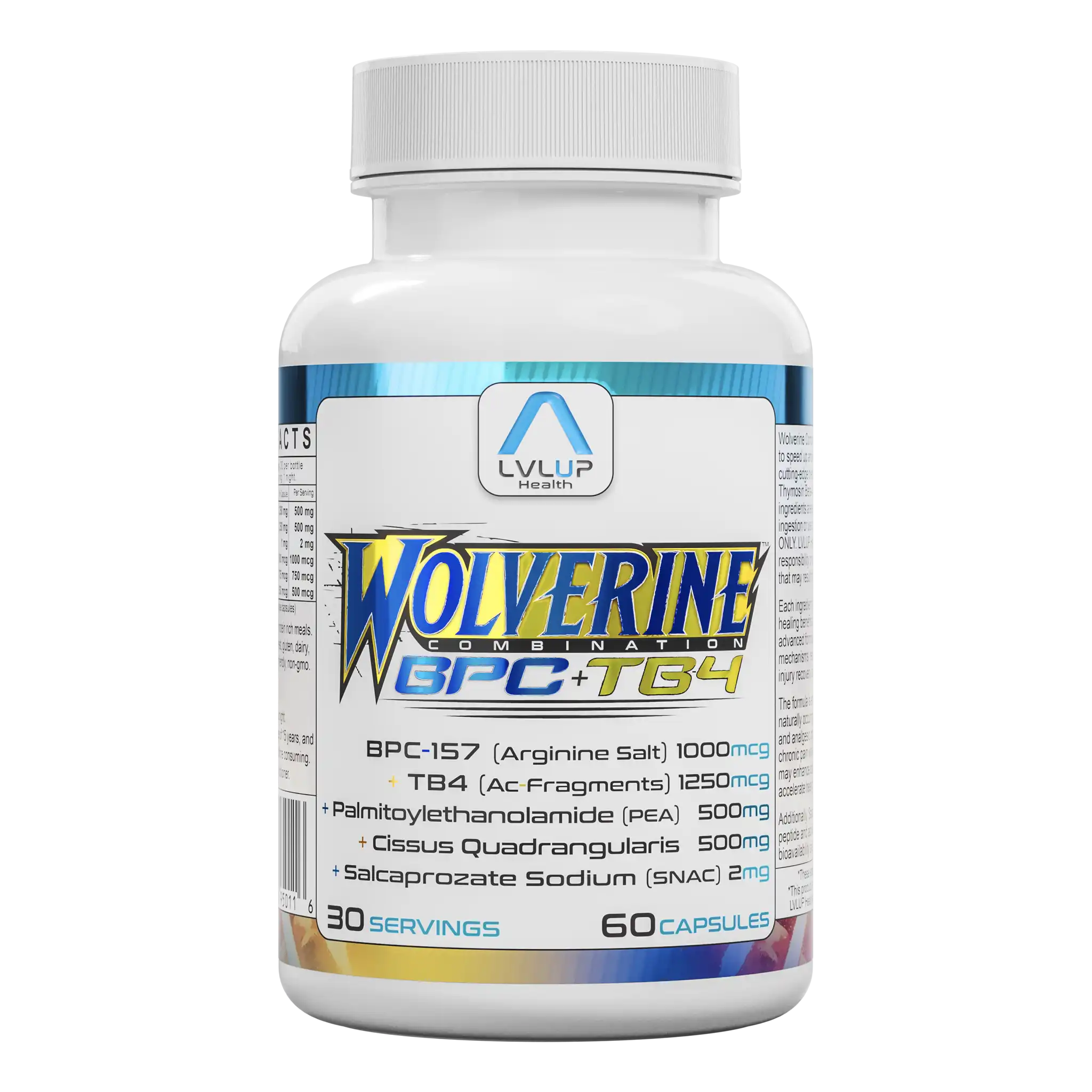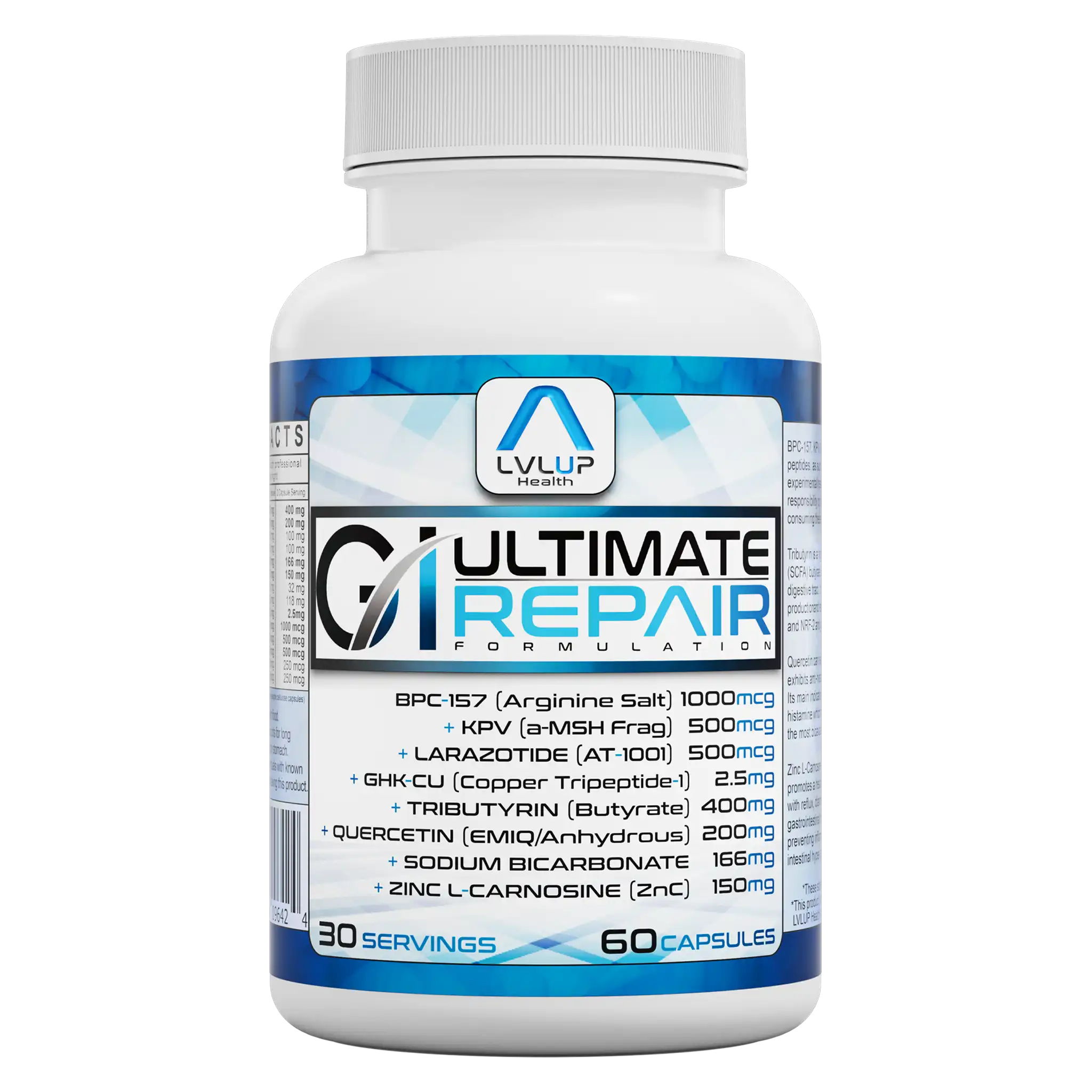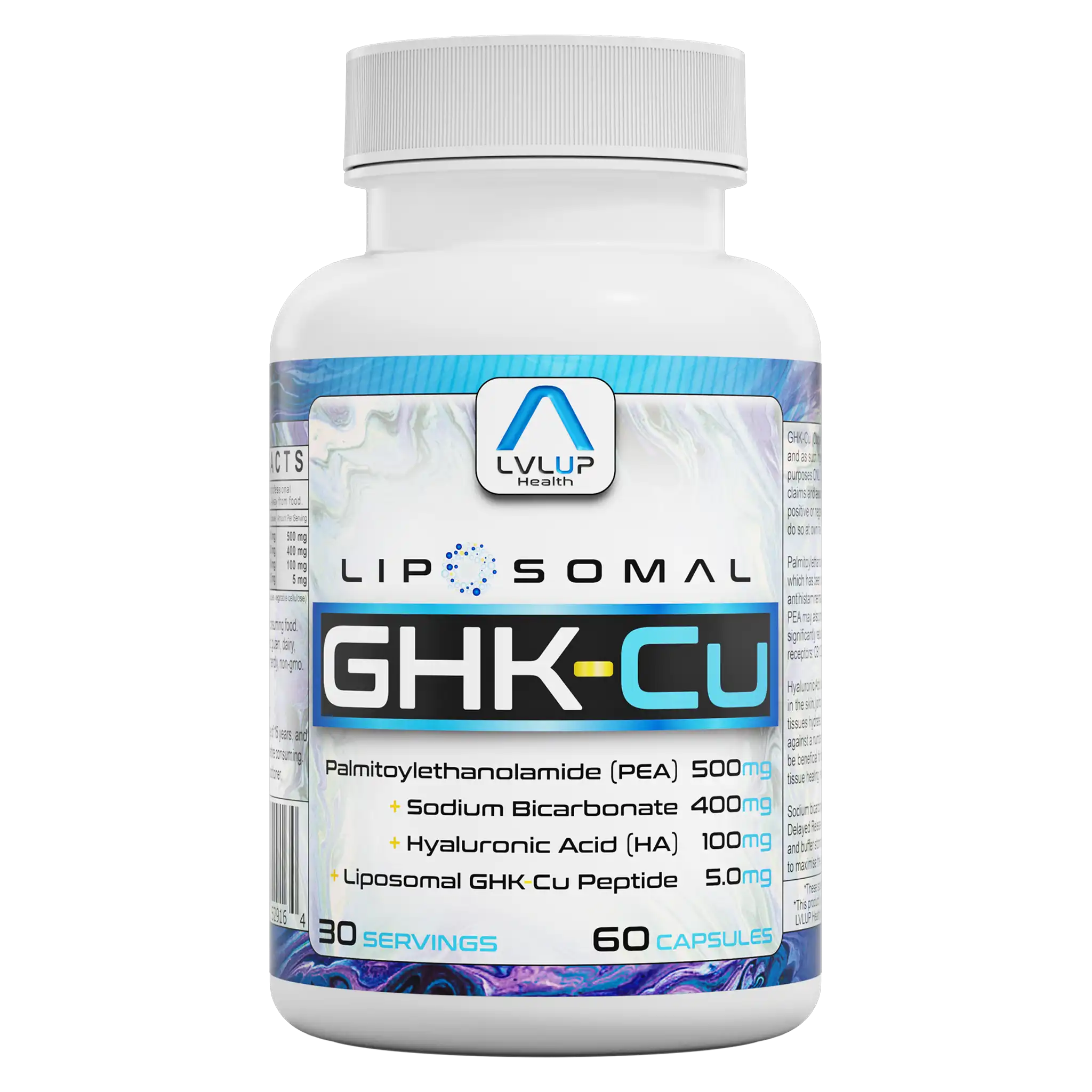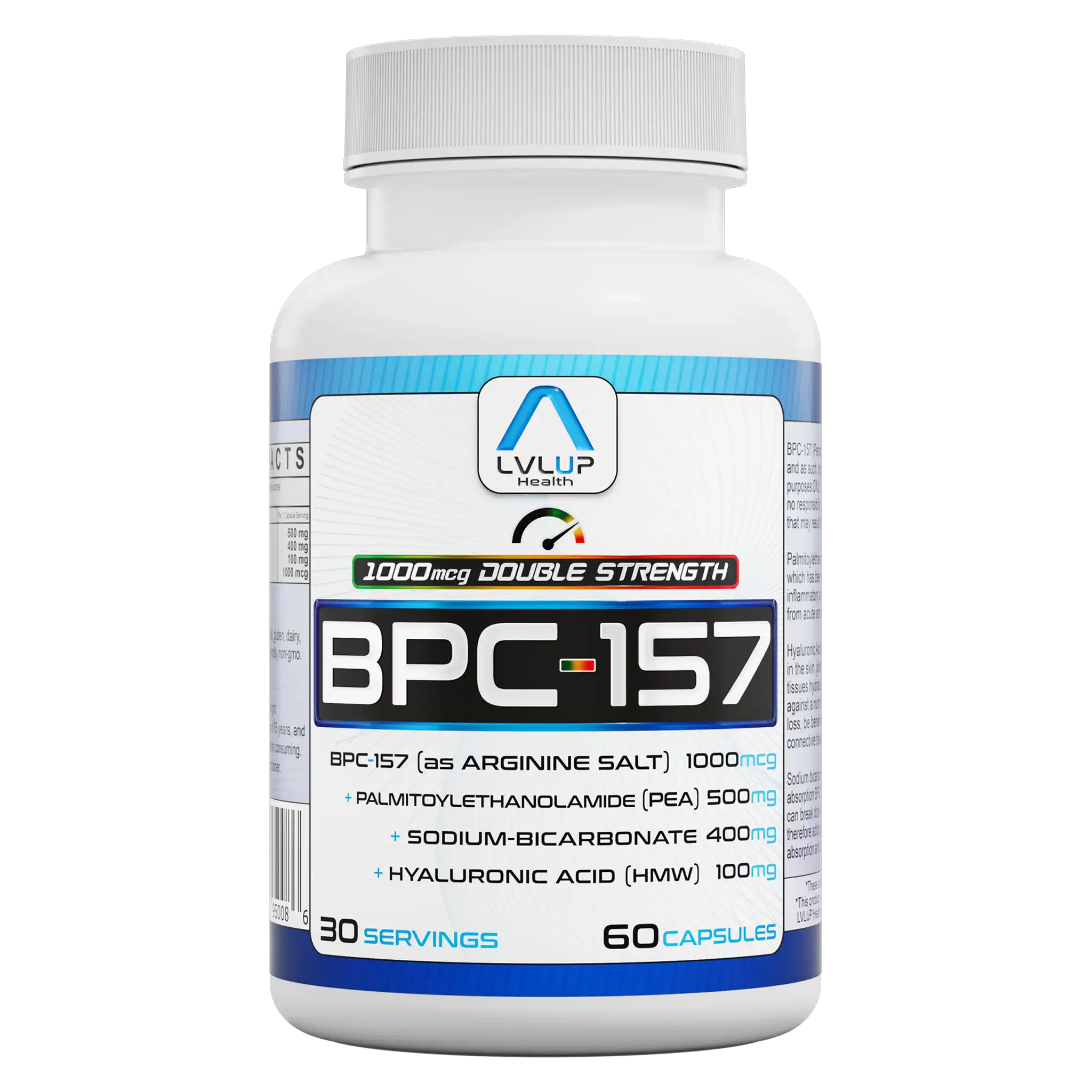Ac-SDKP
About Ac-SDKP
Supporting Gut Health
You’ll often hear Ac-SDKP mentioned among peptides that help manage the body’s repair cycles. Inside the gut, it encourages cells to close up tiny leaks and cracks in the mucosal barrier. Think of these gaps as open doors that can let the wrong things slip through – bacteria, undigested food parts, and toxins included. By signaling for more robust tissue regeneration while keeping inflammation from boiling over, Ac-SDKP keeps things running smoothly along the digestive line.
Balancing the Immune System
The immune system listens closely to regulatory molecules like this one. When Ac-SDKP shows up in steady amounts, immune cells are less likely to tip into overreaction mode. That’s especially helpful if you’re already juggling mild sensitivities or occasional flare-ups.
Liposomal Delivery
Liposomal delivery isn’t just a buzzword in this case. These fat-based bubbles protect peptides like Ac-SDKP from being torn apart by stomach acid and digestive enzymes. Without this tech, much of the active ingredient wouldn’t survive long enough to be helpful.
Potential Kidney Support
There’s growing interest in how Ac-SDKP could also support kidney health. Researchers have found that it can modulate cellular pathways tied to fibrosis and scarring inside the kidney’s delicate filtration system. For people worried about stress, hard training cycles, or low-level chronic inflammation – all of which can add wear and tear on the kidneys – this peptide’s balancing act is getting attention.
Usage in Supplements
You’ll find Ac-SDKP in advanced supplement formulas such as oral capsules featuring TB4 peptide fragments blended with PEA and sodium bicarbonate. These are targeted at supporting tissue recovery and keeping barrier systems – gut lining and kidneys alike – well maintained during stress or as part of an ongoing biohacking routine.
Found In
Formulated With
Detailed Information
Scientific Characterization
N-acetyl-seryl-aspartyl-lysyl-proline (Ac-SDKP) is a conserved tetrapeptide generated by prolyl oligopeptidase-mediated cleavage of thymosin beta-4 (TB4). In systemic circulation, it is rapidly hydrolyzed by angiotensin-converting enzyme (ACE) isoforms. Endogenous levels fluctuate in response to tissue injury and remodeling.
Mechanism of Action
Ac-SDKP interacts with endothelial and epithelial receptors, modulating tight junction dynamics via regulation of occludin, claudin family proteins, and zonula occludens scaffolding molecules. This activity decreases paracellular permeability in gut and renal epithelia while mitigating translocation of inflammatory mediators.
Pathway Modulation
Experimental evidence identifies suppression of NF-κB pathway activation under Ac-SDKP influence with concurrent downregulation of TNF-α and IL-6 synthesis by local immune cells (macrophages, dendritic cells). The peptide also stimulates PI3K/Akt-driven proliferative pathways involved in epithelial restitution post-injury as well as antifibrotic mechanisms via TGF-β1 antagonism.
Renal Protection
In nephrology research models, Ac-SDKP administration reduces glomerulosclerosis progression by dampening fibrogenesis (inhibition of extracellular matrix protein deposition) and limiting leukocyte infiltration. The action profile includes downregulation of profibrotic cytokine signaling within renal cortical tissues.
Liposomal Encapsulation Benefits
Use of amphipathic phospholipid vesicles preserves peptide integrity during gastrointestinal transit; encapsulation enhances mucosal absorption through facilitated passive diffusion across enterocytes; systemic bioavailability increases relative to non-encapsulated peptides.
Research Applications
Ac-SDKP functions as both a biomarker for early detection of tissue remodeling events (fibrosis progression in hepatic/renal/gastrointestinal contexts) and as an active supplement component for maintenance of epithelial barrier function and local immune homeostasis.




